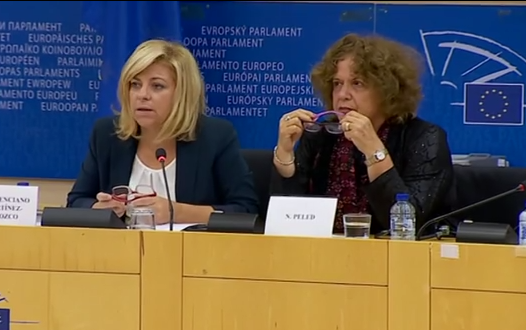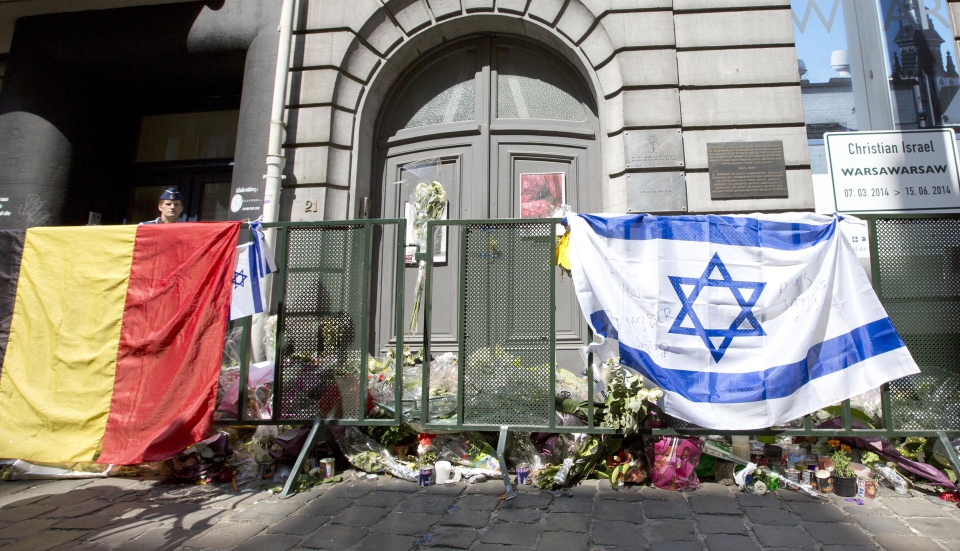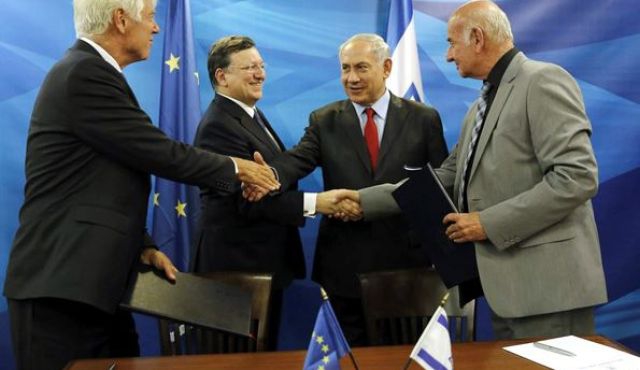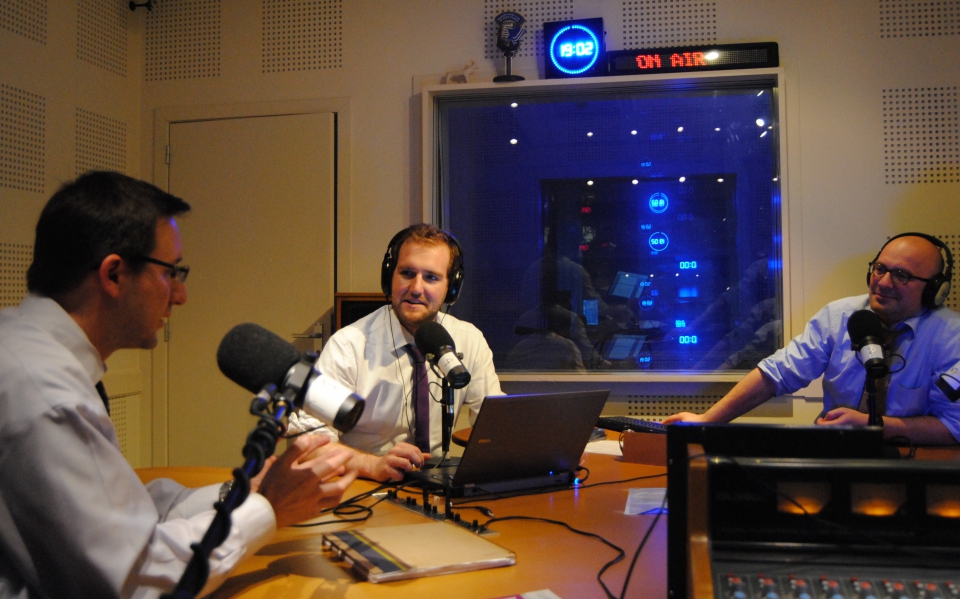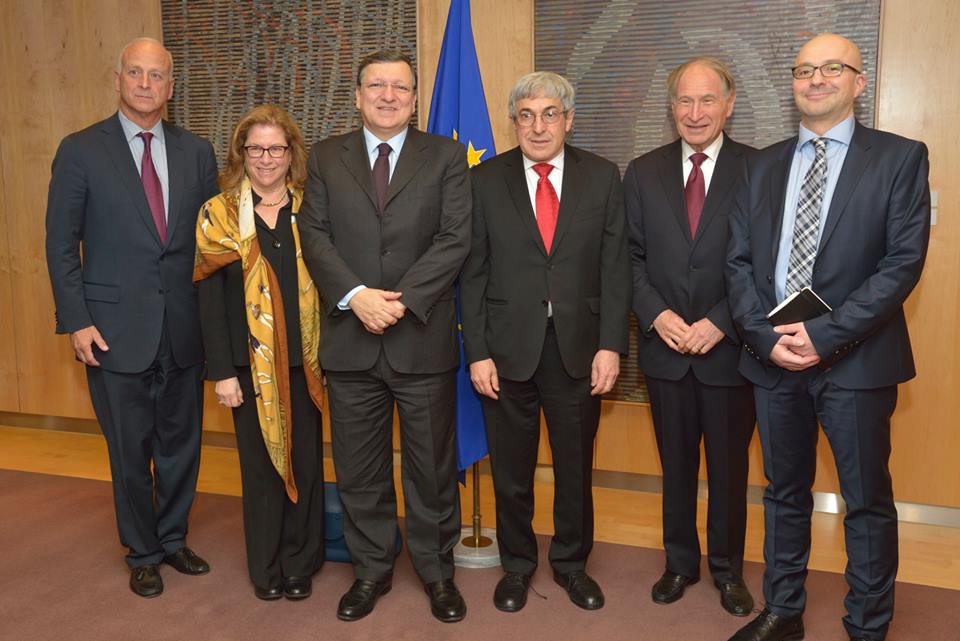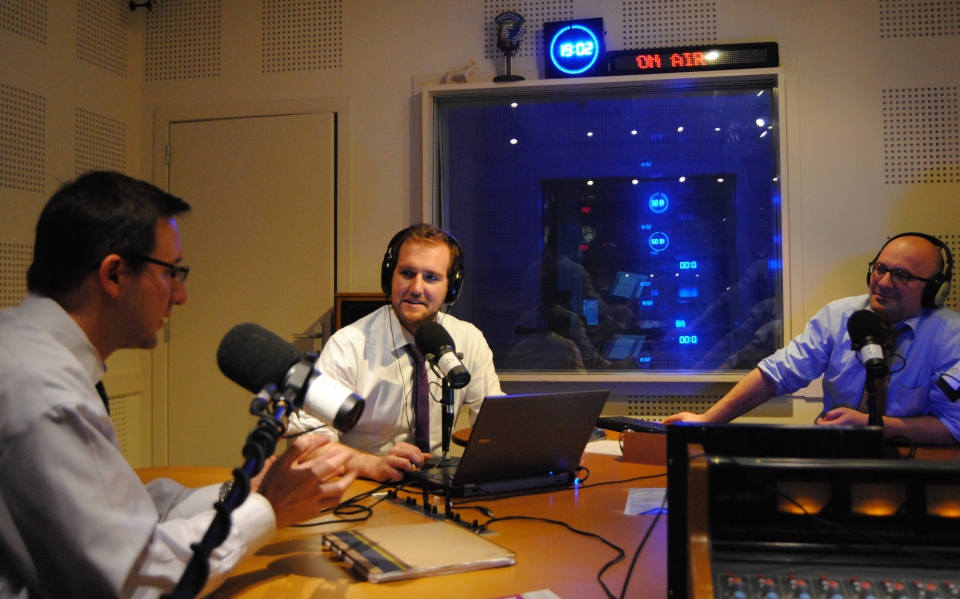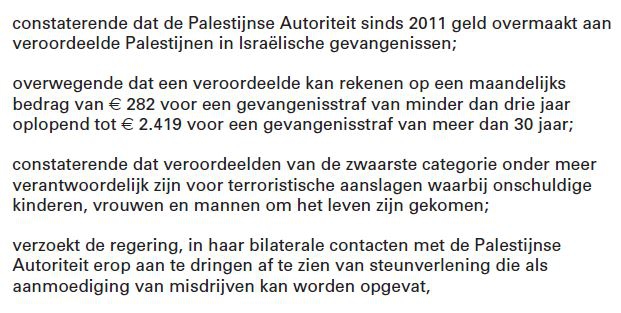Analysis
Why Is the West Financing Palestinian Terrorism?
By Daniel Schwammenthal
November 3, 2017
Imagine terrorists who have killed hundreds of people in Europe and the U.S. receiving generous rewards for their crimes.
And imagine further this blood money being indirectly funded by Western taxpayers.
As outrageous as it sounds, this is exactly what the Palestinian Authority (PA)—financially dependent on U.S. and European generosity—is doing.
Each year it pays about $140 million to terrorists who are or have been in Israeli prisons, and $175 million to families of terrorists killed in action, such as suicide bombers.
To leave no doubt about what this incentive system seeks to achieve, the salaries are indexed to the length of the prison sentence. In other words, the more gruesome the crime, the more money the terrorist gets.
In total, the otherwise always-so-cash-strapped PA is dedicating an astonishing 7 percent of its budget to ensure that killing Israelis remains a lucrative and sought-after business.
This terrorist salary scheme is no minor detail in the Arab-Israeli conflict but rather a manifestation of its root cause--Palestinian rejection of the very legitimacy of a Jewish state.
Only if you believe your opponents have no right to even exist would you reward their killers and constantly incite against them. And mind you, this is not Hamas, the genocidal terror group running Gaza, but Israel’s purported peace partner, the PA in Ramallah.
It is under PA President Mahmoud Abbas that schools and public places are named after terrorists and that the official PA and Fatah media glorify these “martyrs” while vilifying Israelis and Jews.
Not even children’s programs are off-limits in a system that seems determined to ensure this conflict continues well into the next generation. Why else would little children be put before TV cameras to recite “poems” that describe Israelis as “barbaric monkeys" and "most evil among creations"?
In recent years, President Abbas has also done his best to turn an already intractable but largely national conflict into a religious war. Vicious lies are being spread that Israel wants to destroy the Al Aqsa Mosque or change the status of the Temple Mount, which Israel left under Muslim religious control when it conquered the Old City in 1967.
Listen to President Abbas speaking on September 16, 2015 on official PA TV: “They [the Jews] have no right to defile them [Al-Aqsa Mosque and the Church of the Holy Sepulcher] with their filthy feet," and, adding for good measure: "We salute every drop of blood spilled for the sake of Jerusalem."
And blood has been spilled aplenty. Since Abbas’s fateful speech, Palestinian attackers, claiming to “protect al Aqsa,” have killed some 60 people, most recently the three Israeli victims of the shooting attack in Har Adar. Mostly, though, the terrorists have used knife attacks and car rammings.
It is in this context that both the U.S. and the EU are trying to revive Israeli-Palestinian talks. But to achieve any progress they need first to take an honest and evidence-based look at why, 25 years after Oslo, there still is no peace.
One key reason is that for too long the West ignored or downplayed Palestinian incitement and violence, and even when it did take them into account, misdiagnosed these phenomena as consequences of the conflict, thus reversing cause and effect. By doing so it predictably emboldened the PA to cling to their extremist positions and to repeatedly spurn peace offers.
This culture of rejectionism has not only left its mark on Palestinian society but also on Israel. And whether one likes it or not, a Palestinian state will come into being only if and when a majority of Israelis is convinced that such a state won’t be more dangerous than the status quo.
After the rejected Israeli peace offers in 1999, 2000, and 2008, the terror Intifada of the early 2000s and the rocket fire Israel received in return for withdrawing from Gaza in 2005, many Israelis no longer believe that a Palestinian state just a few miles from Israel’s major population centers will bring peace and security. Hearing Abbas praise so-called martyrs and learning about lavish PA salaries to the killers of their fellow countrymen is unlikely to convince them otherwise.
There is, fortunately, growing Western recognition that the Palestinians are not innocent bystanders to their own misfortune.
Last year, the Mideast Quartet, composed of the EU, the U.S., the UN, and Russia, for the first time clearly stated that Palestinian terror and incitement “are fundamentally incompatible with a peaceful resolution.”
While signed by the EU, not every EU member state really shares this basic insight. But the best service to peace the West can do is to translate the Quartet’s words into policy.
In the U.S., the Taylor Force Act, which is making its way through Congress with strong bipartisan support, would extract a steep economic price from the PA if it continued subsidizing terror. What can the EU do?
To be sure, no one would gain from the financial collapse of the PA. Nevertheless, public EU criticism of the PA could well trigger a change of policy.
If that doesn’t work, the EU could consider deducting from their aid the 7 percent of the budget the PA pays to terrorists, and let the Palestinian people know the reason.
Or the EU could announce it is willing to spend that money on NGOs dedicated to fighting incitement in Palestinian society. Such credible threats might be enough.
These and other measures designed to help change Palestinian internal discourse and policies won’t bring peace overnight, but may lay the foundations for a future agreement.
What is certain, however, is that if the West follows the same worn-out peace-processing formula that simplistically sees the Israelis as all powerful and chiefly to blame for the conflict, and the Palestinians as innocent victims without agency, their efforts will be no more successful than previous attempts.
Daniel Schwammenthal is Director of the AJC Transatlantic Institute.
